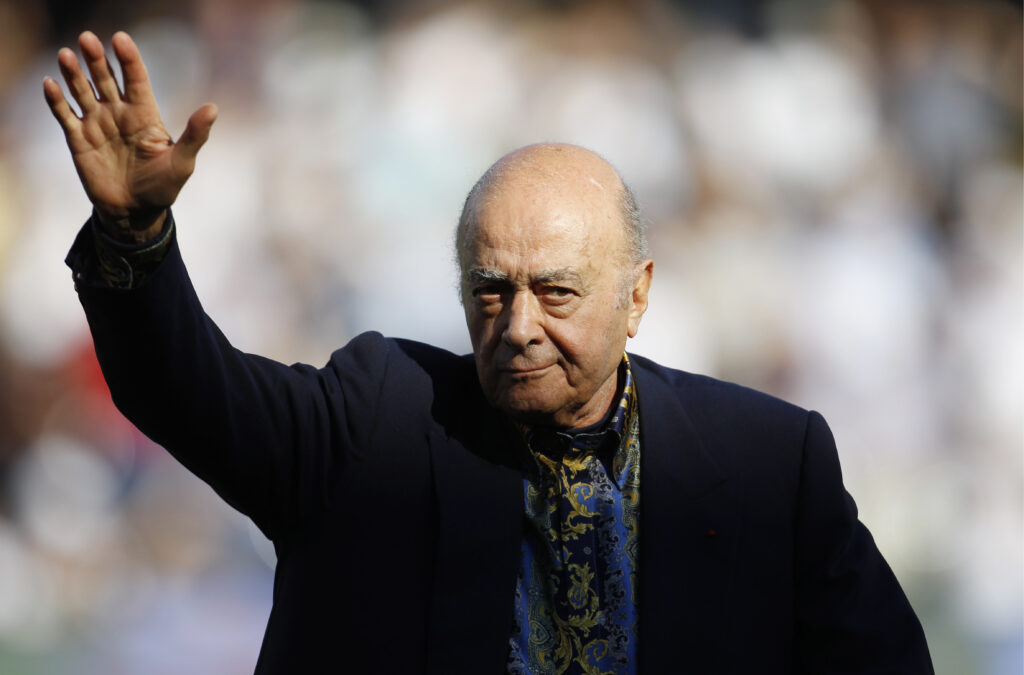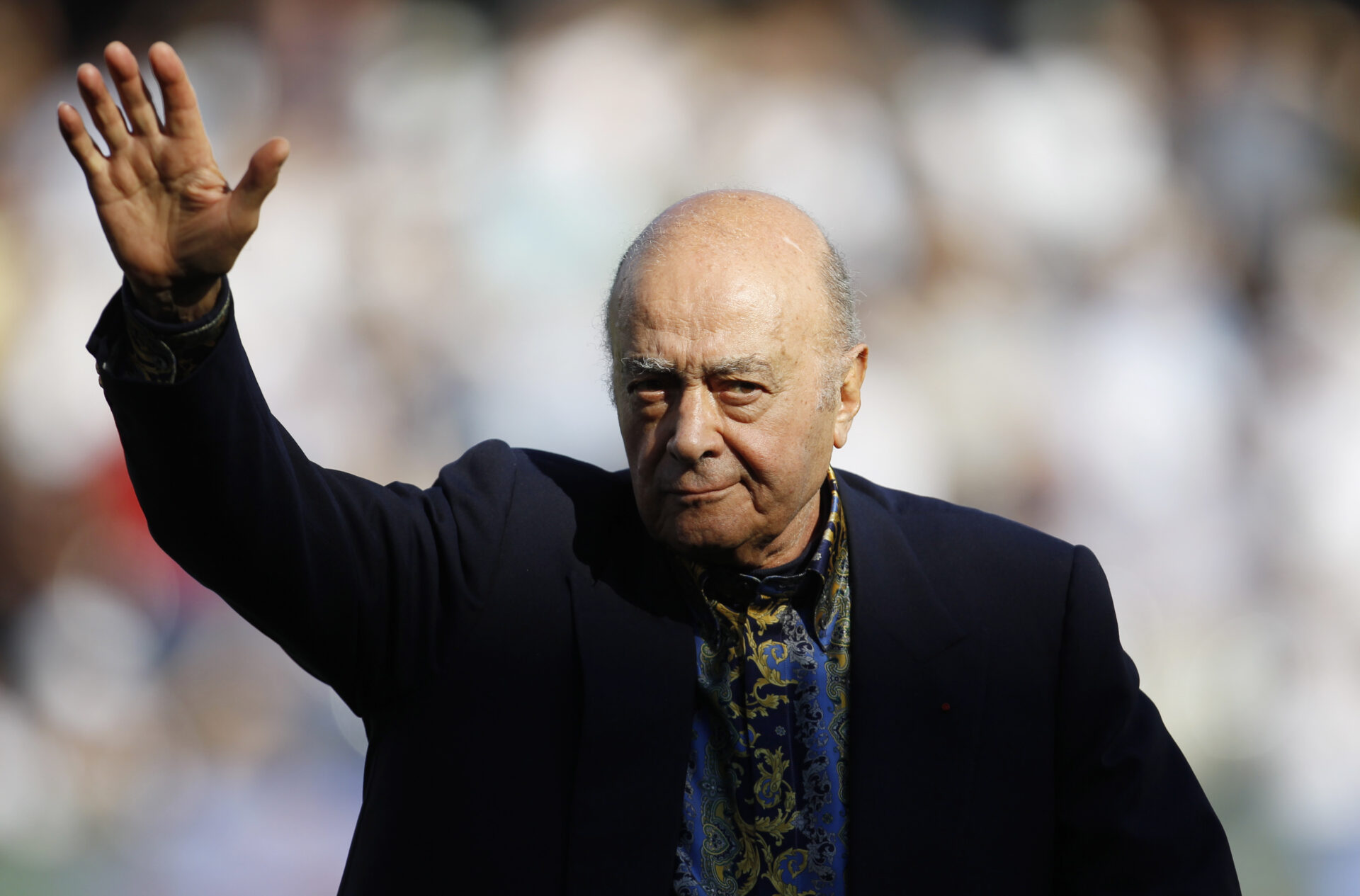
Mohamed al-Fayed, the Egyptian-born self-made billionaire who left an indelible mark on the world of business and became a central figure in the aftermath of Princess Diana’s tragic death, has passed away at the age of 94, as confirmed by his family.
Born in Alexandria, Egypt, al-Fayed embarked on his entrepreneurial journey by selling fizzy drinks and working as a sewing machine salesman. His career led him to amass wealth through ventures in real estate, shipping, and construction, initially in the Middle East and later expanding into Europe.
Although he acquired prestigious symbols of establishment like Harrods, Fulham Football Club, and the Ritz hotel in Paris, al-Fayed remained somewhat of an outsider in British society, despite his substantial contributions to the country’s business landscape.
He clashed with the British government over his pursuit of citizenship, often expressing his willingness to relocate to France, where he was honored with the Legion of Honour, the nation’s highest civilian award.
Al-Fayed is perhaps best known for his decade-long quest to prove that Princess Diana and his son Dodi were murdered in the tragic car crash in Paris in 1997, attributing their deaths to an alleged conspiracy involving the British royal family. His claims, unsupported by evidence, included accusations against Prince Philip, the Duke of Edinburgh.
Mohamed al-Fayed’s passing occurred just a day before the 26th anniversary of the fatal accident that claimed the lives of Diana and Dodi. His family issued a statement announcing his peaceful passing due to old age.
While al-Fayed was recognized for his self-invention, penchant for exaggeration, and at times, controversial statements, he also played a significant role in pivotal moments in British history. His acquisition of Harrods in 1985, marked by a bitter business feud with Roland “Tiny” Rowland, was a contentious chapter in British business history.
In 1994, al-Fayed ignited the “cash-for-questions” scandal by revealing that he had made payments to politicians in exchange for them asking parliamentary questions on his behalf. The scandal, which implicated several politicians, ultimately contributed to the Conservative Party’s electoral defeat in 1997.
Despite his eccentricities and controversies, Mohamed al-Fayed’s life and business endeavors were intertwined with the broader narrative of British society, making him a complex and enduring figure in the annals of business and public life.
Sources By Agencies


